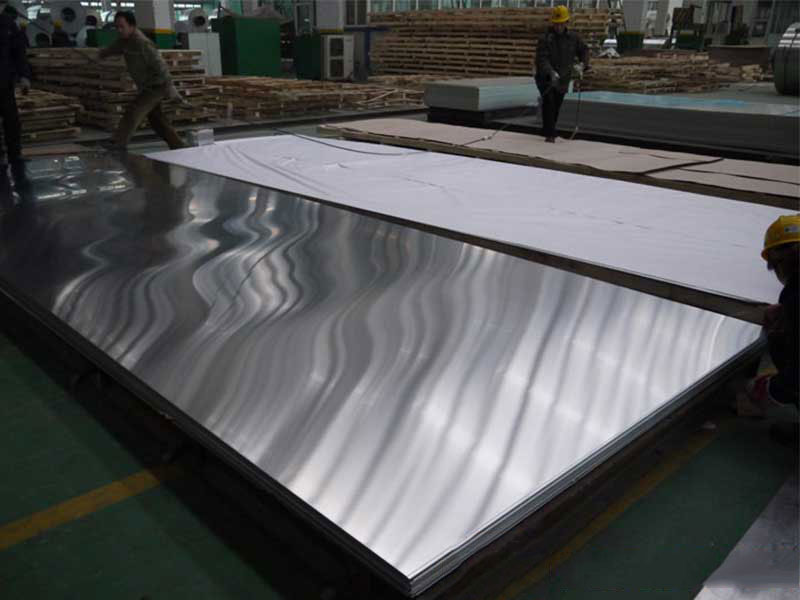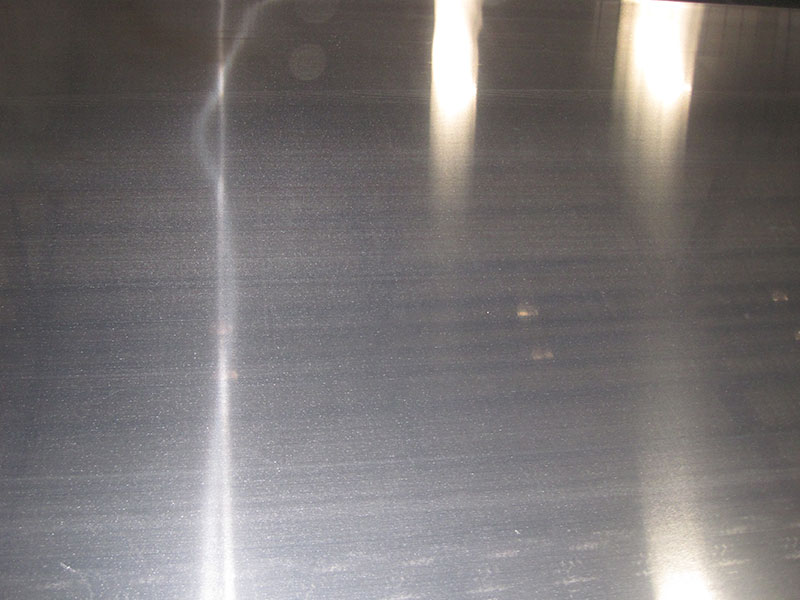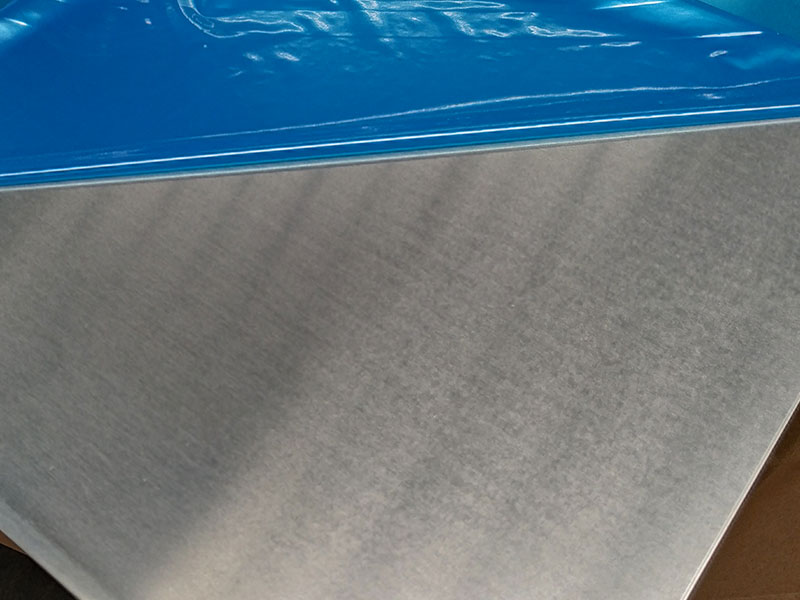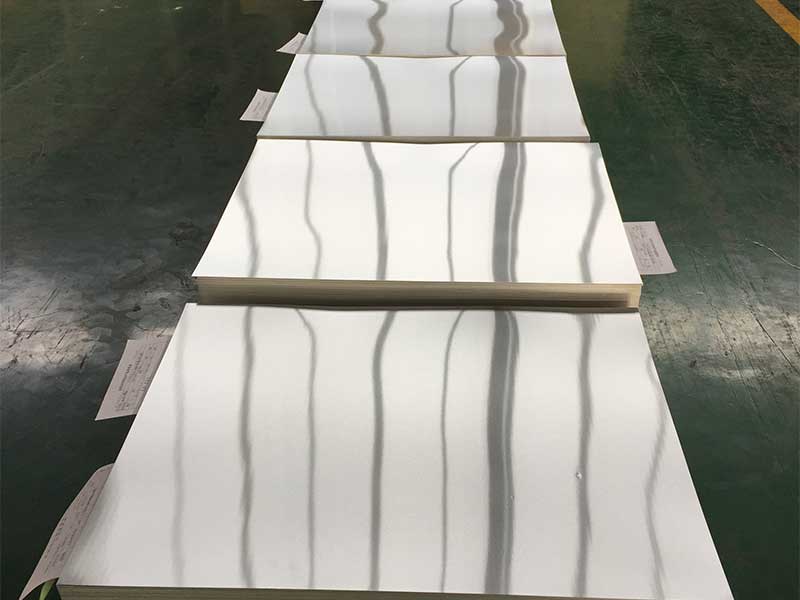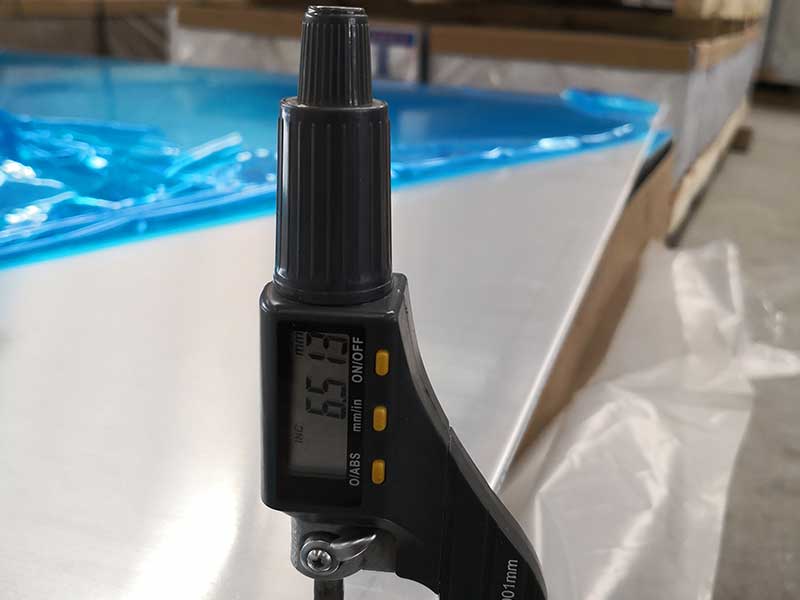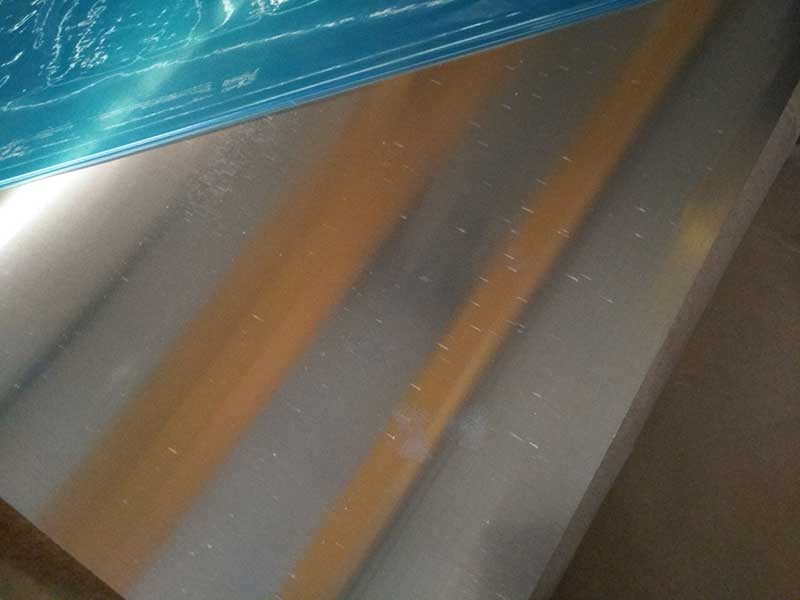Alloys of aluminum sheet for fuel tank
In the wide realm of automotive and aerospace engineering, the choice of materials for fuel tanks is critical—demanding a combination of light weight, strength, corrosion resistance, and formability. Aluminum sheets and their alloys have emerged as the quintessential materials for fuel tanks owing to their versatile properties.
Why Aluminum Sheet Alloys for Fuel Tanks?
Fuel tanks need to contain fuel safely under various environmental and mechanical stresses:
From my perspective on the shop floor, the choice of aluminum alloy for fuel tank applications isn't just about meeting the minimum strength and formability requirements; it's about balancing a complex interplay of factors. We see firsthand the trade-offs between weldability (crucial for seamless tank construction), corrosion resistance (especially in demanding environments), and the overall cost of the material. A 5052 alloy, for example, is a popular choice for its excellent corrosion resistance, but it's tougher to weld than something like 6061. The precise alloy selection often hinges on the specific tank design, the fuel type (consider ethanol compatibility), and the intended lifespan of the product – a longer-life application might justify using a more expensive, higher-strength alloy like 7075, even if it presents greater challenges in fabrication.
Furthermore, I've witnessed the impact of minor variations in the alloy composition. Even small differences in impurity levels can dramatically affect the final product's performance and workability. This highlights the importance of strict quality control throughout the supply chain. We regularly run tests on incoming material to ensure it adheres to our specifications. Beyond the official certifications, personal experience teaches you to recognize subtle cues – the way the sheet bends, the sound it makes during stamping, the appearance of the weld – all these contribute to an intuitive of the material's properties and potential issues. Ultimately, producing a reliable aluminum
- Corrosion Resistance: Prevent degradation due to fuel chemical components and atmospheric moisture.
- Strength and Toughness: Endure impact and vibration without cracking.
- Lightweight: Reduce the overall vehicle weight for better fuel efficiency.
- Formability: Allow complex shapes to optimize capacity and aerodynamics.
- Thermal Stability: Resist deformation and degradation under varying thermal cycles.
Aluminum alloys are widely preferred due to their optimal balance of these properties enriched by specific alloying elements tailored for fuel tank requirements.
Popular Aluminum Alloy Grades for Fuel Tank Sheets
Certain alloys are standardized and selected based on their behavior during processing and performance in service:
| Alloy Grade | Temper | Alloying Elements (%) | Density (g/cm³) | Tensile Strength (MPa) | Yield Strength (MPa) | Elongation (%) |
|---|---|---|---|---|---|---|
| 3003 | H14 | Mn 1.0 – 1.5 | 2.73 | 130 | 95 | 18 |
| 5052 | H32 | Mg 2.2 – 2.8 | 2.68 | 228 | 193 | 12 |
| 5754 | H111 | Mg 2.6 – 3.6 | 2.67 | 210 | 165 | 12 |
Alloy 3003 – The Economical Choice
- Application: Commonly used in lower-stress fuel tanks e.g. motorcycles, small boats.
- Functionality: Offers excellent corrosion resistance due to manganese. Easy to form but moderate in strength.
- Temper: H14 (strain hardened, partial anneal) grants moderate hardness compatible with deep drawing needed in complex forming.
Alloy 5052 – The High Performance
- Application: Widely adopted in marine and aerospace fuel tanks.
- Functionality: Outstanding corrosion resistance especially near salt water and fuel contact. Superior strength and moderate elongation aid long vessel service life durability.
- Temper: H32 temper (strain hardened and stabilized) balances formability with high strength necessary for pressure tolerance.
Alloy 5754 – The Structural Performer
- Application: Heavy duty fuel tanks with stringent impact and fatigue demands—for trucks and railcars.
- Functionality: Offers higher yield strength and good environmental corrosion resistance. Better weldability due to higher Mg content.
- Temper: H111 (annealed or slightly strain hardened) ensures enhanced ductility for easier fabrication while retaining strength.
Chemical Composition and Properties Table
| Element | 3003 (wt%) | 5052 (wt%) | 5754 (wt%) |
|---|---|---|---|
| Aluminum (Al) | Balance | Balance | Balance |
| Magnesium (Mg) | 0.1 max | 2.2 – 2.8 | 2.6 – 3.6 |
| Manganese (Mn) | 1.0 – 1.5 | 0.1 max | 0.3 – 1.0 |
| Chromium (Cr) | 0.1 max | 0.15 – 0.35 | 0.1 max |
| Iron (Fe) | 0.7 max | 0.4 max | 0.4 max |
| Silicon (Si) | 0.6 max | 0.25 max | 0.4 max |
| Copper (Cu) | 0.05 max | 0.1 max | 0.1 max |
Implementation: Standards and Fabrication Conditions
Choosing the right alloy entails compliance with international quality and exterior element containment standards:
- ASTM Standards: ASTM B209 is a widely used specification for aluminum sheets and plates, defining thickness tolerances, mechanical properties, and testing methods for alloys like 3003, 5052, and 5754.
- SAE International standards, specifically SAE AMS-QQ-A-250/4 and QQ-A-250, cover various aluminum alloys for aerospace fuel tanks.
- Heat Treatment: For non-heat treatable alloys like 3003, hardening is achieved by strain hardening (H temper designations like H14, H16). Alloys such as 5052 are also non-heat treatable but take advantage of strain hardening combined with natural aging, detailed by H32, H34 tempers.
- Welding and Joining: Alloys 5052 and 5754 exhibit excellent weldability (TIG, MIG). Heat affects allowable formability; proper temper post-welding is sometimes applied.
- Surface Treatment: Anodizing or specialized coatings improve fuel resistance especially in aggressive hydrocarbon environments.
Comprehensive Use Cases
- Automotive Fuel Tanks: Alloy 5052 is the de facto standard in modern cars due to its excellent strength-to-weight ratio, formability for pumped deep formed shapes, and leak-proof welding behavior.
- Aerospace Fuel Tanks: Aerospace fuel containment requires alloys with higher purity and flaw appraisal potential, for which aerospace-specific 5052 H32 or 5059 alloys are used.
- Marine Fuel Tanks: High Mg content alloys (5052) possess superior salt-water corrosion resistance enabling safe marine fuel storage.
https://www.aluminumplate.net/a/alloys-of-aluminum-sheet-for-fuel-tank.html


